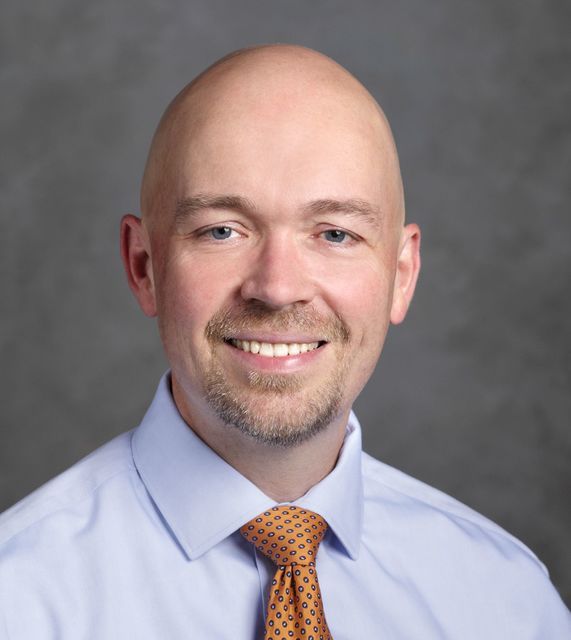Click here to subscribe today or Login.
He carries his own bag. He lives simply, in community with other priests rather than in the ornate papal apartments. He answers reporters’ questions with good humor and without pretense. His ride is a modest Fiat.
Pope Francis has indeed adopted a revolutionary papal style. His personal choices and habits are fascinating and, for many people, inspiring. But the direction in which he is leading the Roman Catholic Church is much more important. So far on his first trip to the United States, Pope Francis has shown that he wants to lead the Church into a deeper and more authentic dialogue with society – a dialogue based on mutual understanding and respect, not confrontation and condemnation.
When he spoke to the U.S. Catholic bishops on the morning of Sept. 23, Pope Francis offered words of encouragement and gratitude. He reminded them that wherever they reached out to do good and show God’s love, “the Pope is by your side and supports you.” He thanked them for their work, particularly on the difficult issues of immigration reform and the response to sexual abuse. Francis said that he did not intend to “offer a plan or devise a strategy” for the Catholic Church in the United States, but instead to offer encouragement to the bishops in “joyfully” proclaiming the Gospel.
He did, however, offer the bishops a way of proceeding, telling them that as shepherds, “dialogue is our method.” The Pope invited the leaders of the Catholic Church in the U.S. to dialogue among each other, within the Church and with society. Francis described a dialogue that rejects “harsh and divisive language,” and sees that the other people “count more than their positions,” even if those positions are not shared by the Catholic Church. This dialogue leads to greater unity within the Catholic Church and within the United States.
Having described this method to the bishops earlier in the week, the Pope showed how to implement it the next day, during the first-ever address by a pope to a joint session of the United States Congress. Many hoped that Pope Francis might scold those on the right who resist the Catholic Church’s message on climate change, or those on the left who support same sex-marriage. But instead of scolding, Francis used his moment in Congress to enter into a dialogue based on his own personal experience, a deep understanding of the history and culture of the United States, and the common commitments and interests of those in the room and beyond those watching and listening.
The Pope talked about four Americans – Abraham Lincoln, Martin Luther King, Jr., Dorothy Day and Thomas Merton – in order to show how the commitment to liberty, equal rights, justice and peace were deeply rooted in the American experience as well as the Catholic tradition. He emphasized the commitment to the common good shared by the Catholic Church and Congressional legislators. He reminded his audience, as he discussed immigration and the refugee crisis, that he himself was the son of immigrants, visiting a nation of immigrants.
The Pope said that he wished to present “the richness of your cultural heritage, of the spirit of the American people…” so that “this spirit may continue to grow.” But he did not avoid contentious topics. He called the lawmakers to address the disparity of wealth in the United States and the problem of poverty. He emphasized the importance of protecting life at every stage of development, especially children. He called for the United States to do more to address climate change. But he issued these challenges as a friend and brother who seeks deeper understanding of those to whom he speaks, commending and complimenting the good even as he pointed to the challenges.
A Church that rejects condemnation and takes up a dialogue with society, a Church seeking common ground and the unity that comes from love and deep understanding – this is the truly revolutionary aspect of Pope Francis’s leadership.





